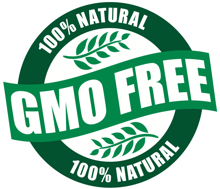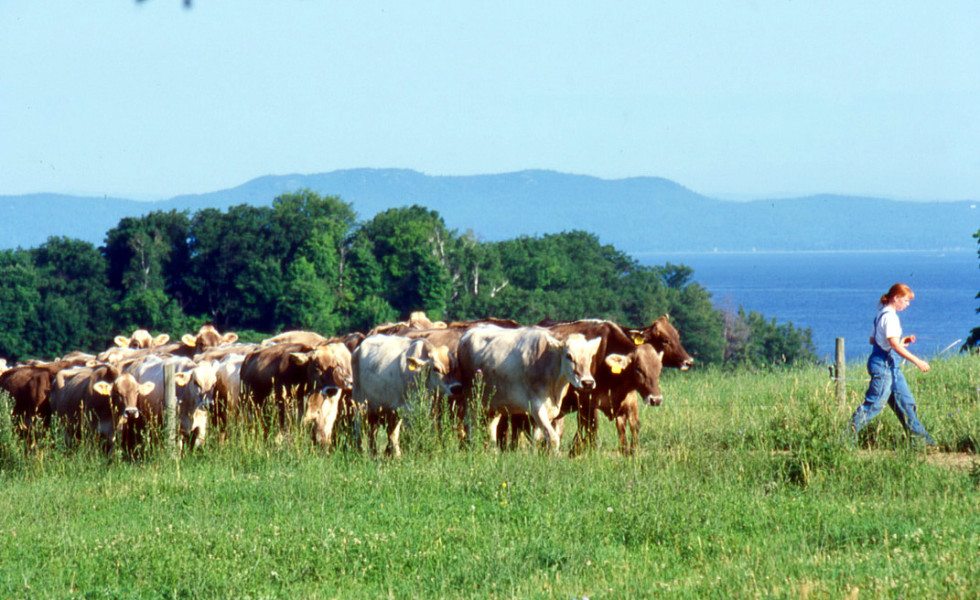
We are sure that many times people ask you,”Why do insist on eating organic food? Isn’t all food the same? Don’t you know that organic food is 3x the price? The next time someone starts to ask you these questions, here are a few great responses from our friends over at OnlyOrganic.com
1. Only Organic Guarantees…
Organic is the most heavily regulated food system in the U.S. Only organic guarantees no toxic persistent pesticides, synthetic fertilizers or GMOs are used in production, and no antibiotics or growth hormones are given to livestock. Organic producers and processors are subject to rigorous announced – and unannounced – certification inspections by third-party inspectors to ensure that they are producing and processing organic products in a manner you and your family can trust.
2. More Nutritious
Recent studies have found that organic fruits, vegetables and grains have more antioxidants, fewer nitrates and cadmium and fewer pesticide residues than non-organic crops, making them more nutritious.
3. Helps Combat Climate Change
Organic farming practices help maintain of our soil. Healthy soil naturally retains photosynthesized carbon dioxide instead of releasing it back into the atmosphere. This quality helps combat climate change.
4. Fewer Pesticides
Organic food must be grown without the use of persistent pesticides. Eating organic food is one of the best ways to reduce your exposure to these toxic chemicals.
 5. GMO-free
5. GMO-free
The best way to ensure your food is GMO-free is to buy organic. GMOs are prohibited from the production and processing of organic foods.
6. Fewer Synthetic Fertilizers
Organic farmers are prohibited from using most synthetic fertilizers. They maintain the health of their soil by using manure, compost and other organic material. Up to 40 percent of the synthetic fertilizers used on conventional farms end up in ground and surface waters, eventually polluting rivers, lakes, and oceans.
7. No Sewage
Many conventional farmers spread sewage sludge as fertilizer on their fields. Sewage sludge includes anything that is flushed, poured or dumped into the waste water system. Organic farmers are prohibited from using sewage sludge on their fields.
8. Antibiotic-free Meat
The overuse of antibiotics to foster growth in conventional livestock production has contributed to development of antibiotic-resistant strains of some dangerous microbes. Organic farmers can only treat livestock with antibiotics as a last resort for sick animals and the animals that receive antibiotic treatment lose their organic certification. This helps preserve the effectiveness of vital antibiotics for humans.
9. Hormone-free meat
Conventional farmers give cows growth hormones briefly to boost milk output. These hormones can impair fertility in cows and lead to visibly abnormal milk and hoof disorders. Milk from hormone-treated cows has been linked to increased risk of cancer in humans.
10. Humane Animal Treatment
Organic famers and ranchers must accommodate the natural behavior of their livestock and meet health and wellness requirements, including year-round access to the outdoors, space for exercise, clean and dry bedding, clean water, shelter, and direct sunlight.
Source:
http://www.onlyorganic.org/get-facts/top-10-reasons-to-go-organic







